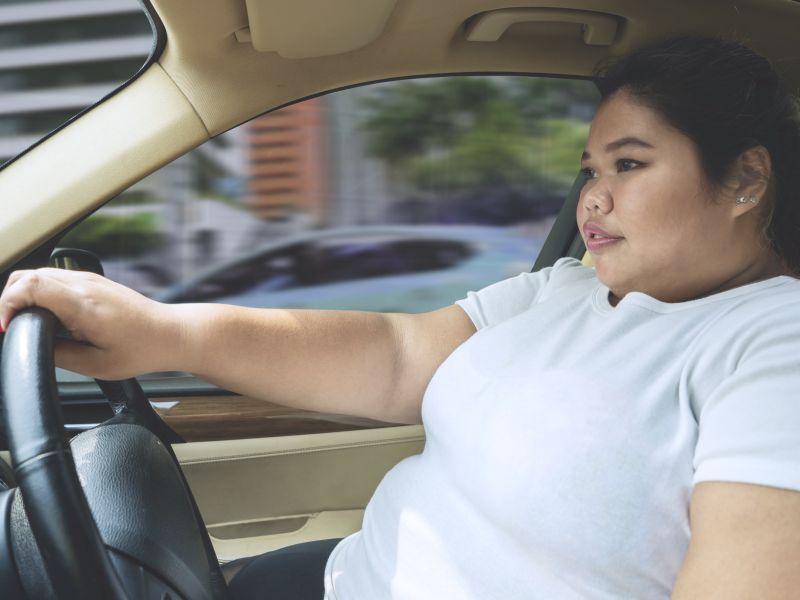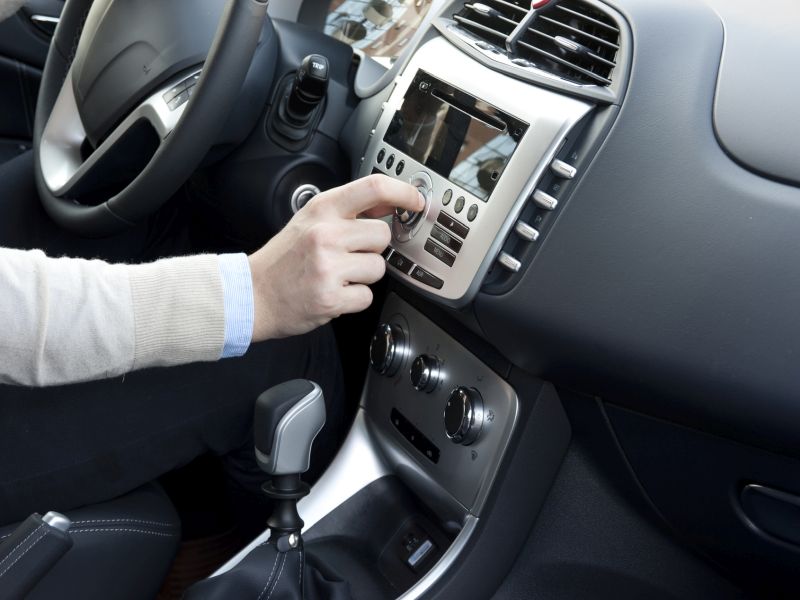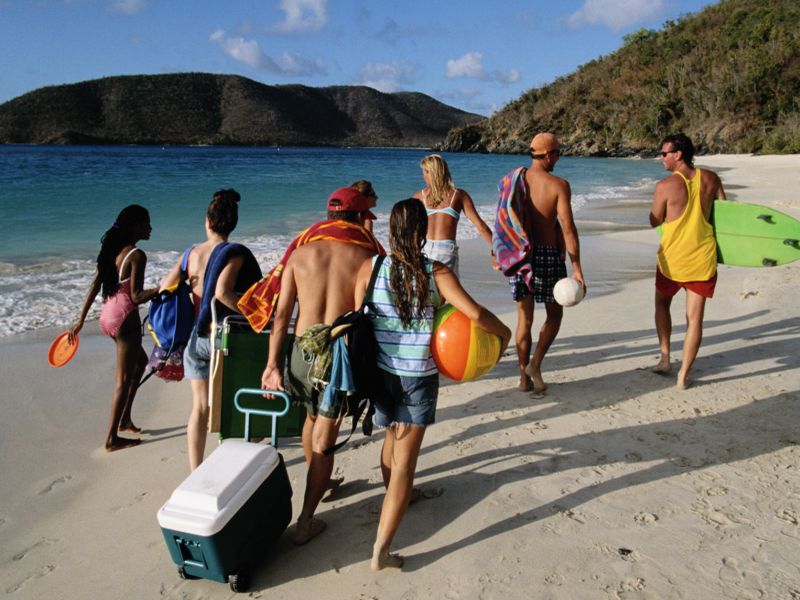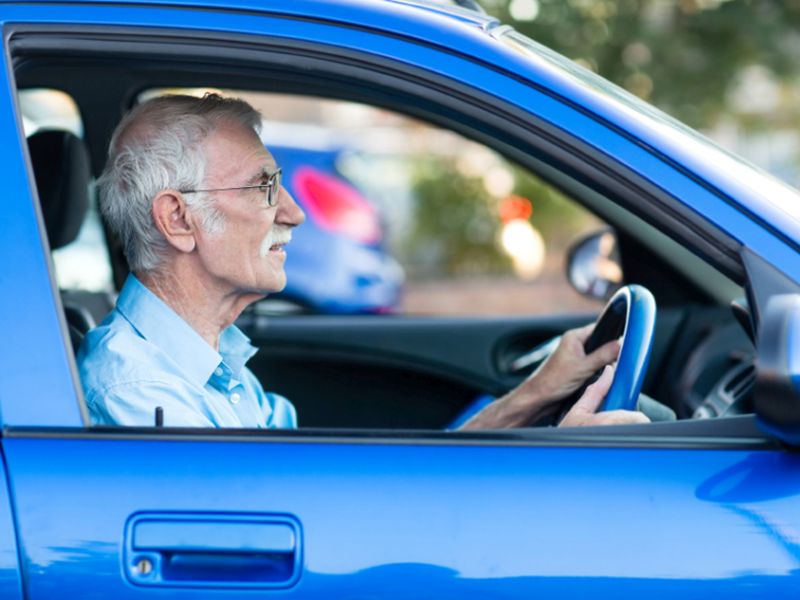
Nausea among people with cancer may have causes from bacteria in food to chemotherapy, says the American Cancer Society. To help manage nausea, people with cancer can: Slowly drink clear, cold liquids. Suck on hard candy with pleasant smells. Avoid fatty, fried, spicy or very sweet foods. Raise calories with butter, oils and syrups. Distract… read on >




























